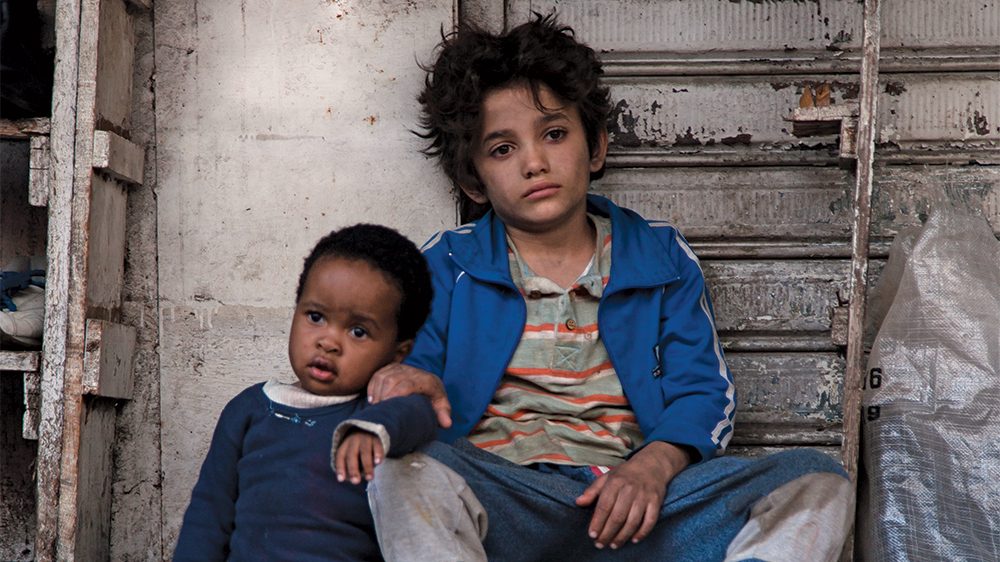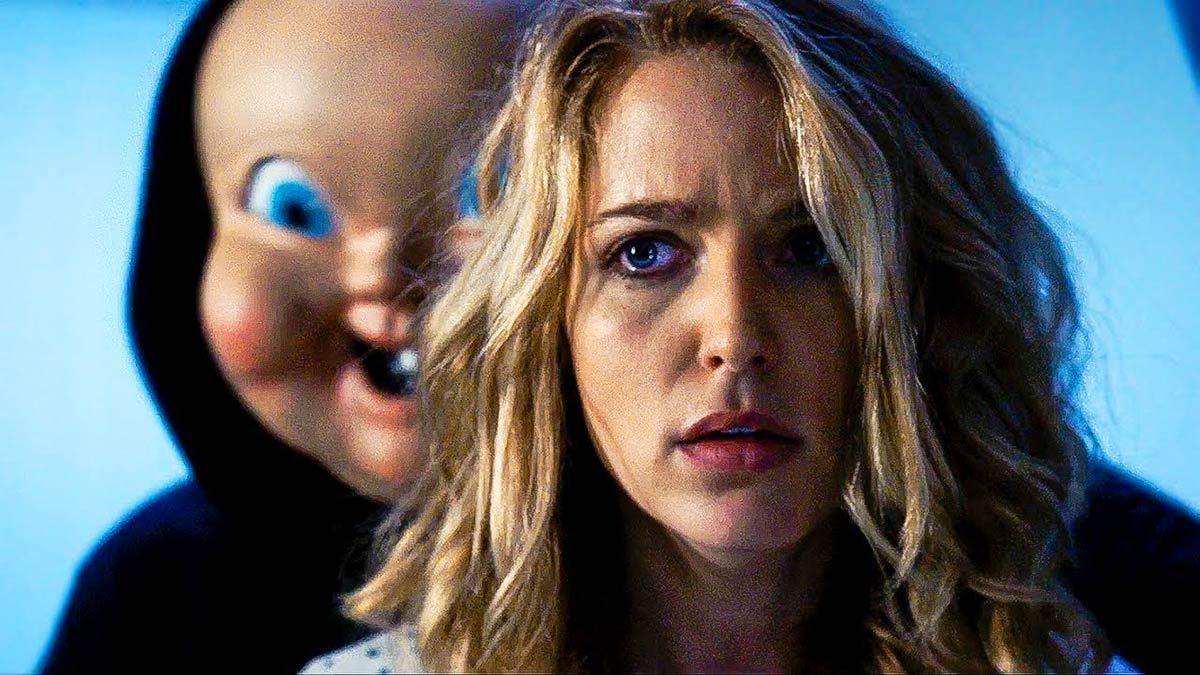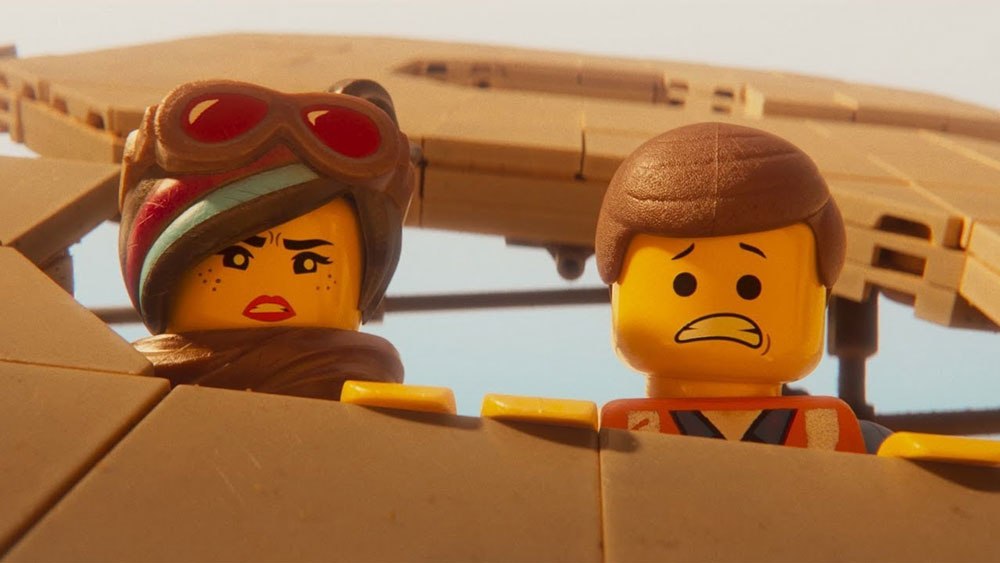Lords of Chaos
by Hope Madden
“Based on truth and lies and what actually happened.”
One of the founders of Norway’s black metal sound and scene, Mayhem benefited and eventually suffered from a series of very black metal-ish crimes and misdemeanors—mostly crimes, including arson and murder. A cross between punk rock ethos and early metal imagery, Norwegian black metal espoused a love of Satan and a deep and fiery hatred of Christianity and the Christian moral framework. In keeping with those philosophies, Mayhem became known for far edgier behavior than, say, biting the head off a bat.
Director (and former drummer for Swedish black metal band Bathory) Jonas Åkerlund’s image of art and commerce, fanaticism, metal and death follows Mayhem’s ascension to global notoriety.
Rory Culkin anchors the film as band leader and spinmeister Øystein Aarseth, AKA Euronymous. He narrates with some of Åkerlund and co-writer Dennis Magnusson’s least convincing material—not to mention an absurdly American accent—but the performance itself is the perfect blend of bored teen and insecure leader vulnerable to attack. Inside Culkin’s quietly convincing performance, deadpan cynicism battles with genuine tenderness in a way that gives the film an affecting yet appropriately faulty soul.
Did Euronymous take advantage of early tragedy to create a persona, or did he live his message?
In its smarter moments, Lords of Chaos is a film about poseurs. Who is and who isn’t? And what do you do if you find that you have become the poseur in the circle of your own creation?
How much of it was all for show? Maybe a lot, but when you become a magnet for those who embrace your bullshit, hopefully that bullshit does not require a lot of bloodshed.
Enter Varg (Emery Cohen), a novice and admirer who would become a disenchanted disciple. Cohen’s arc from sycophantic insecurity to narcissistic sociopathy impresses, and as Euronymous’s grasp on the position of Alpha weakens, the dynamic between the two actors sparks.
Culkin’s slippery performance in these scenes works well within the true crime context, but Åkerlund has trouble as he shifts back and forth between crime drama and comedy of manners. There is a consistent “kids sure are stupid” theme a la Alpha Dog or River’s Edge that he can’t fit into his larger themes. While most scenes taken on their own work (if you can forgive the unexplained and hard-to-miss cacophony of accents), Åkerlund can’t pull them together for a cohesive whole.
In recreating a series of increasingly more unfortunate events, Åkerlund never manages to shed new light on the crimes at hand. And maybe he can’t—maybe that’s the point. Perhaps it’s impossible to entirely differentiate between philosophy and promotion, but what the filmmaker was trying to accomplish is just as tough to tease out.









